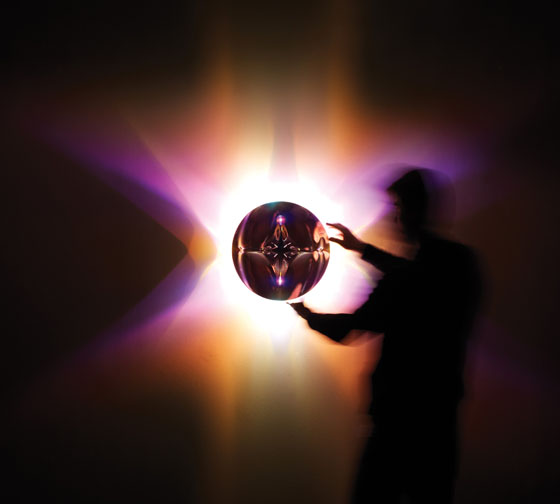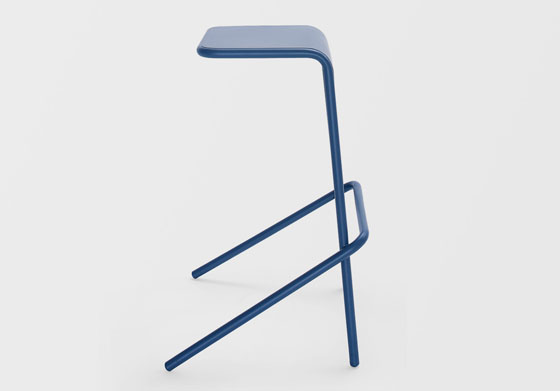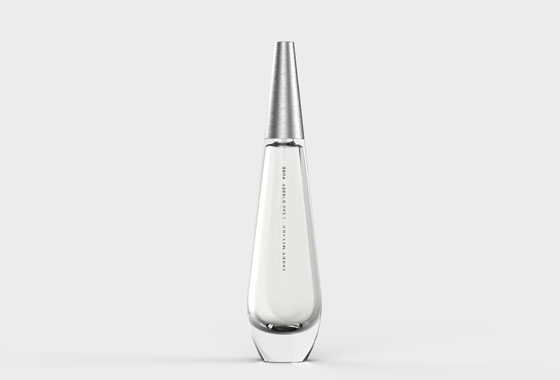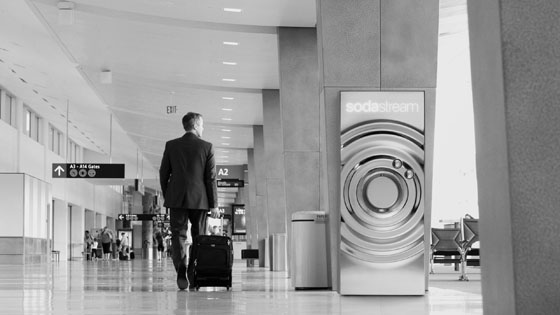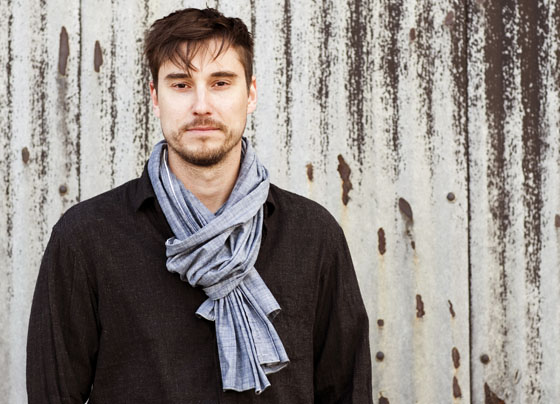Todd Bracher: “Trump will not affect our creativity”
Texto por Norman Kietzmann
23.08.17
Esta página ha sido archivada y ya no se actualiza
Todd Bracher stands for a new generation of American designers who have successfully emerged from the shadow of Eames and Nelson.
“It is not about me and my personality, it is completely about the end user,” says the New Yorker, born in 1974, who studied at Pratt Institute in New York and at Designskolen in Copenhagen. Todd Bracher founded his own studio in 1999, working for clients such as 3M, Georg Jensen, Herman Miller, Humanscale and Cappellini. In January 2017, Todd Bracher implemented the home study “Das Haus” at the imm Cologne furniture fair. We spoke with the designer about new responsibility, public interest and the current creative climate in the Big Apple.
You have spent ten years in Europe studying and working between Copenhagen, Milan, Paris and London. What was your first thought as you were moving back to New York in 2007?
What am I doing here?” was my first thought. In January 2007, there were no iPhones. I didn’t exist for the public. When I was talking about design, people didn’t know about it. There was a language barrier between Europe and America in terms of design. But when the iPhone arrived, all that changed. Companies realized if they allowed design teams to lead some of their business decisions, they could stand out from competitors and grow on the market.
Alodia stool for Cappellini (top). Pure perfume for Issey Miyake (bottom)
It created a new understanding of design.
Yes, the way design is approached in America became more meaningful and exciting. Of course, European design is great and interesting, but it stayed in the same place while the American thinking about design has rapidly accelerated. Now they understand it as a serious discussion point and not just a question of cosmetics. That has a huge impact on our profession. Currently, my studio is working with four very big companies here in the United States. We are helping them at a very high strategic level and are overseeing roughly five hundred million dollars in business turnover. Think about that! That is kind of crazy. It is such a huge responsibility, and it is in the hands of designers. That wouldn’t have been possible ten years ago.
What is the advantage being a designer in New York?
I think the advantage is that there are very few designers in New York. That is number one. The second one is that here are all the booming businesses of interaction and digital design. They are growing rapidly and need hardware designers and people that can help extend their technologies into consumer products. I am working with 19 experts ranging from optical specialists to electrical engineers to incredible programmers. I think that makes New York very interesting. We have access to all these techniques and skills here in the city. And we have some of the greatest contemporary art museums and galleries in the world. That is another resource for staying up to date.
Georg Jensen (top). Water Dispenser fountain for Sodastream (bottom)
What is the disadvantage being a designer in New York?
The flip side of that is that there is no design community. I don’t go to a restaurant and discuss design all night with my friends. There is something special in cities like Milan where people go to a bar and talk about materials, processes, what is working and what is not working. This obsession with the design industry and that social exploration doesn’t exist here at all. Another thing is that New York is a very expensive place. That affects your business decisions because you have to earn more to be able to afford living here.
Donald Trump took over the presidency in January. Has it affected the climate of the creative scene in New York?
I don’t think it has affected the mentality here. Somehow, we still don’t believe that he is the president now. We just carry on as usual. In some ways, it is even helping because some of our clients feel more confident with their money and are willing to invest. The country is more stable in terms of the financial market. Buildings get built and companies do more work. It is very much connected to that field. I am also not happy about the political situation, but it will certainly not affect our creativity negatively.
Interview by Norman Kietzmann
